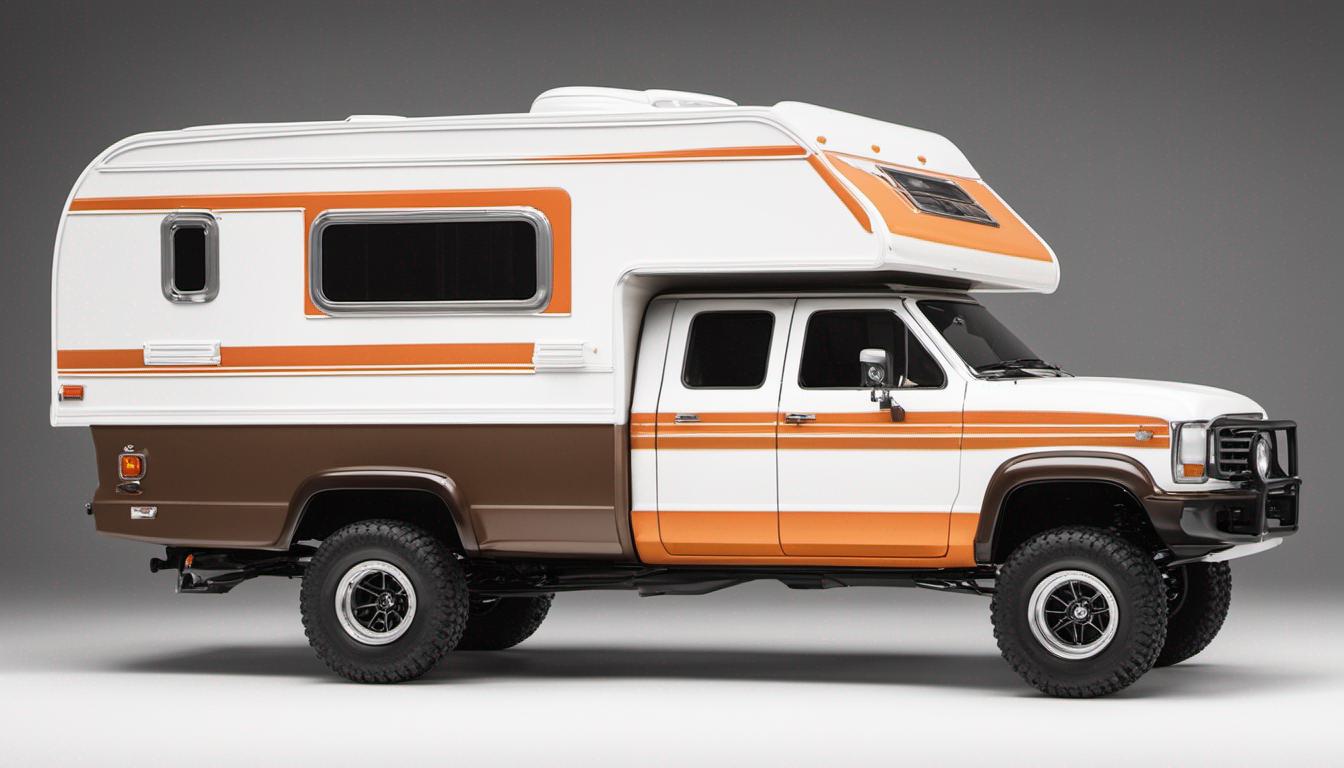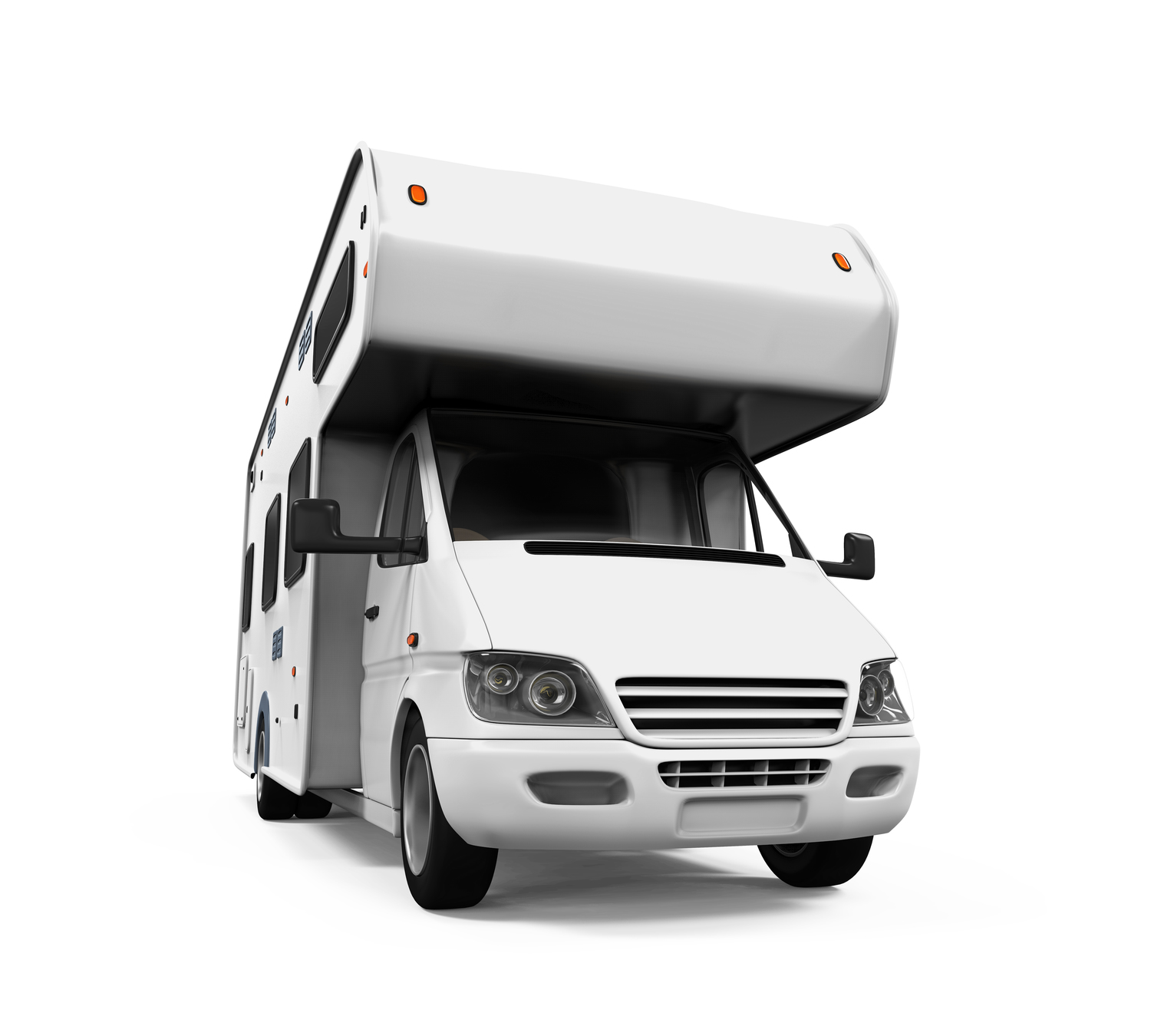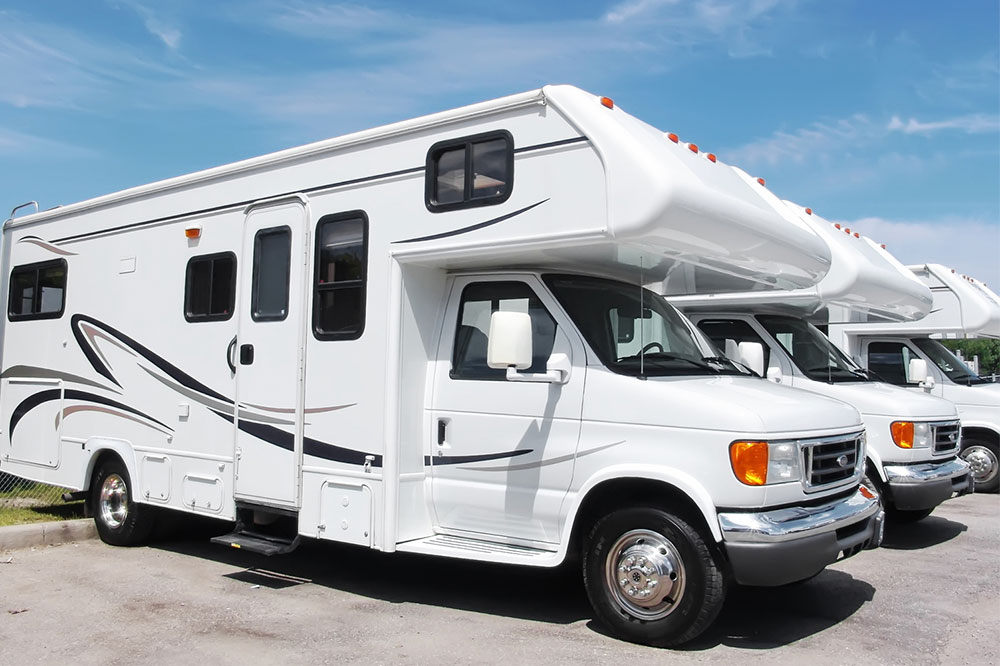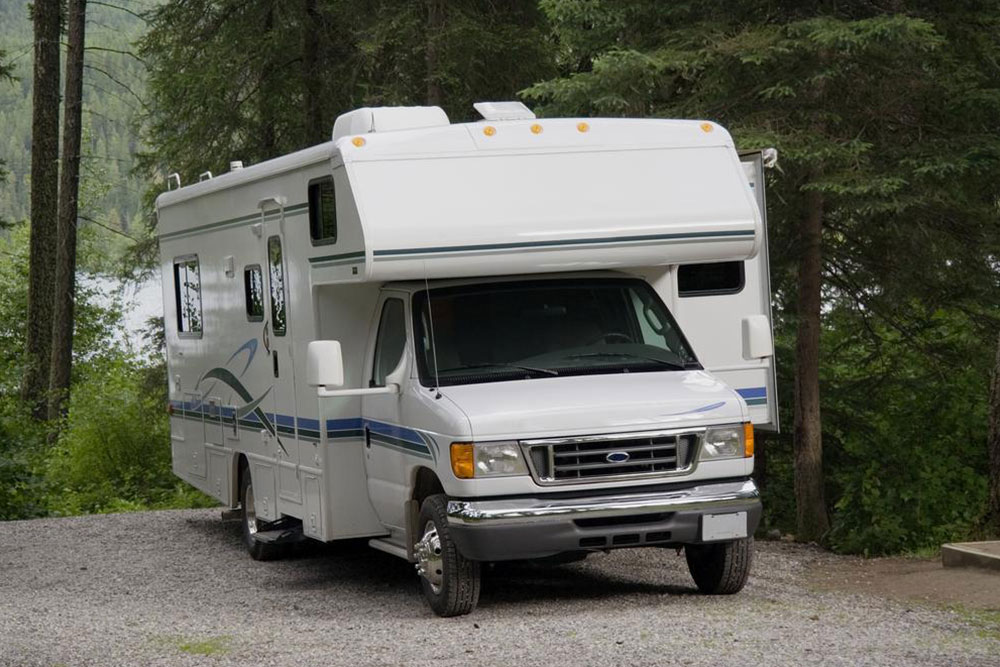A Comprehensive Guide to Choosing the Perfect RV and Camper for Your Travel Needs
Explore our comprehensive guide on choosing the perfect RV or camper. Learn about various types, features, and tips to select the ideal vehicle for your travel needs. Whether you're a beginner or experienced RVer, this article helps you make informed decisions for memorable road trips and comfortable journeys. Discover the differences between campers, travel trailers, motorhomes, and more, along with practical advice on purchasing the right unit to enhance your travel adventures.
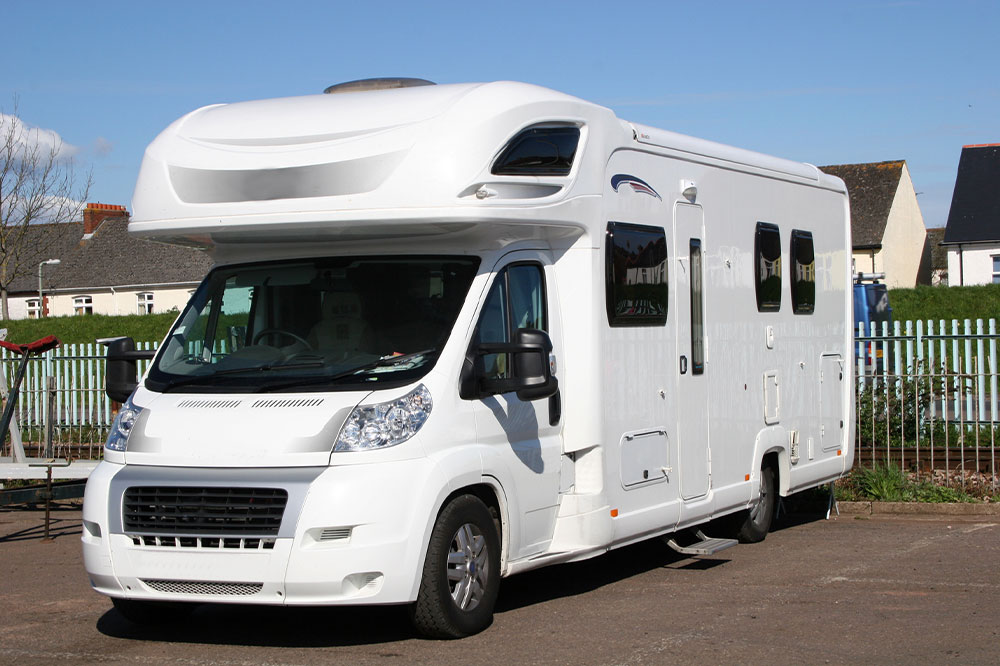
Complete Guide to Selecting the Ideal RV and Camper for Your Adventures
Embarking on a road trip with an RV offers unparalleled freedom and adventure, allowing travelers to explore diverse destinations comfortably and conveniently. However, for first-time buyers, the wide array of RV and camper options can be overwhelming. Making the right choice involves understanding various factors such as available amenities, vehicle size, driving ease, and budget. By carefully considering these elements, you can select a recreational vehicle that perfectly matches your travel style and lifestyle, ensuring every journey is memorable, comfortable, and hassle-free.
Understanding the Difference: Campers vs. Recreational Vehicles (RVs)
In the realm of recreational vehicles, terminology can sometimes be confusing. The term ‘RV’ (Recreational Vehicle) is a broad classification that encompasses a wide variety of vehicle types designed for travel and temporary living. These include campers, trailer homes, motorhomes, pop-up campers, and more. Essentially, any vehicle designed with living accommodations can be categorized as an RV.Within this category, the term ‘camper’ typically refers to towed units, such as trailers or pop-up campers, which require a separate vehicle to transport them. Conversely, ‘RV’ often describes the motorized versions—such as motorhomes—that are self-propelled and can be driven independently. Understanding these distinctions helps in choosing the right vehicle based on your travel plans and preferences.
Popular Types of Recreational Vehicles and Their Features
RV options vary greatly, catering to different budgets, travel styles, and comfort levels. Here is an expanded overview of the most common types of RVs to help you make an informed decision:Pop-up Camper or Foldable Trailer
This lightweight, compact RV is ideal for budget-conscious travelers or those new to RVing. Measuring approximately 8 to 16 feet when folded, it features a canvas tent-like upper section supported by a hard-shell base. Its portability allows easy towing with an SUV or even a smaller vehicle, and it’s simple to store when not in use. Despite its small size, it offers basic amenities like beds, basic cooking facilities, and storage options, making it a popular choice for weekend getaways and short trips.Travel Trailers
Ranging from 10 to 40 feet in length, travel trailers are one of the most versatile RV options. They come in a wide price range, typically from around $10,000 to over $50,000 depending on size, features, and luxury level. Travel trailers are non-motorized, meaning they must be towed by a suitable vehicle—such as an SUV, pickup truck, or dedicated towing vehicle. These RVs can sleep anywhere from two to ten or more people, making them suitable for families, groups, or solo travelers. With options like slide-outs, upgraded kitchen and bathroom facilities, and entertainment systems, travel trailers can be customized to meet various comfort levels.Fifth-Wheel Trailers
This type of RV is mounted onto a special hitch in the bed of a pickup truck, the so-called fifth-wheel coupling. Fifth-wheel trailers are known for their stability and large interior space, making them a favorite among serious RV enthusiasts. Ranging from 25 to 40 feet, these trailers typically feature multiple slide-outs, full kitchens, bathrooms, and sleeping arrangements that can accommodate up to nine people comfortably. The design allows for easier maneuvering compared to traditional travel trailers, but requires a truck equipped with a fifth-wheel hitch. They are ideal for long-term travel, family vacations, and RV living setups.Class B Motorhomes (Campervans)
Class B motorhomes are compact, highly maneuverable, and economical, making them a popular choice among new RV owners and travel enthusiasts alike. Usually measuring between 18 and 24 feet, these campervans are built on a van chassis and come equipped with essential amenities such as beds, a small kitchen, and a bathroom. Due to their size, they’re easy to drive and park, even in urban environments. They’re perfect for solo travelers or couples seeking flexible travel options with modest living facilities.Class B+ Motorhomes
Offering a step up in size and amenities from Class B, Class B+ motorhomes provide additional living space, enhanced kitchen facilities, and extra sleeping areas. Priced slightly higher, these vehicles often feature larger bathrooms, improved insulation, and better interior layouts. They bridge the gap between compact campervans and larger Class C models, making them a versatile option for those who want comfort and convenience without the full size of larger RVs.Class C Motorhomes
Designed to resemble a large truck or van with an over-cab sleeping area, Class C motorhomes typically measure between 25 to 41 feet in length. They’re renowned for their balanced combination of size, comfort, and efficiency. Capable of housing up to eight passengers, they feature full kitchens, bathrooms, and multiple sleeping areas. Because of their manageable size and design, they’re a popular choice among families and travelers seeking a spacious yet drivable RV that provides a home-like experience on the road.Class A Motorhomes
The largest and most luxurious category of RVs, Class A motorhomes can reach lengths up to 45 feet and offer premium features and amenities. They often include full-sized appliances, washers and dryers, large entertainment centers, and sometimes garages or storage for multiple vehicles or recreational gear. These RVs are designed for long-term living or extended travel, providing high-end comfort similar to a small apartment or house. However, their size can make driving and parking more challenging, requiring experienced handling and careful route planning. They are ideal for those who prioritize luxury and space in their travel experience.Tips for Purchasing Your RV or Camper
Investing in an RV is a significant decision that should be made with thorough research and consideration. First, assess your financial situation—determine your budget and decide whether you want a new or used model. New RVs offer the latest features, technology, and warranties but come at a higher price. Used models are more affordable but require careful inspection to ensure they’re in good condition and free of major issues. Consider your typical travel requirements: How many people will travel with you? What amenities are essential? Do you plan long-term living or short vacations? Test drive different models and seek advice from experienced RV owners or dealers to gain insights. Selecting the right RV that aligns with your needs will provide you with many years of enjoyable adventures and memorable journeys.
